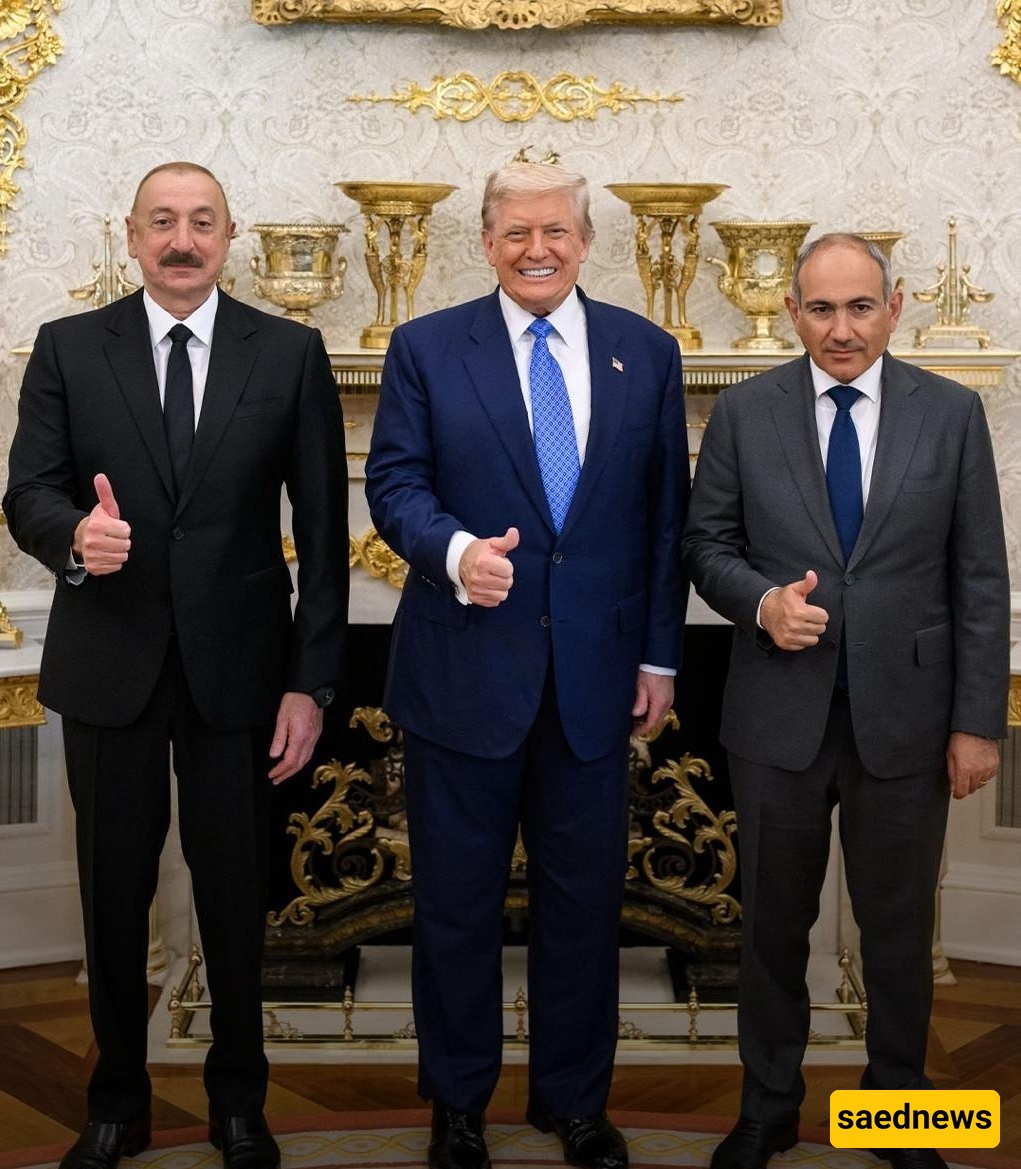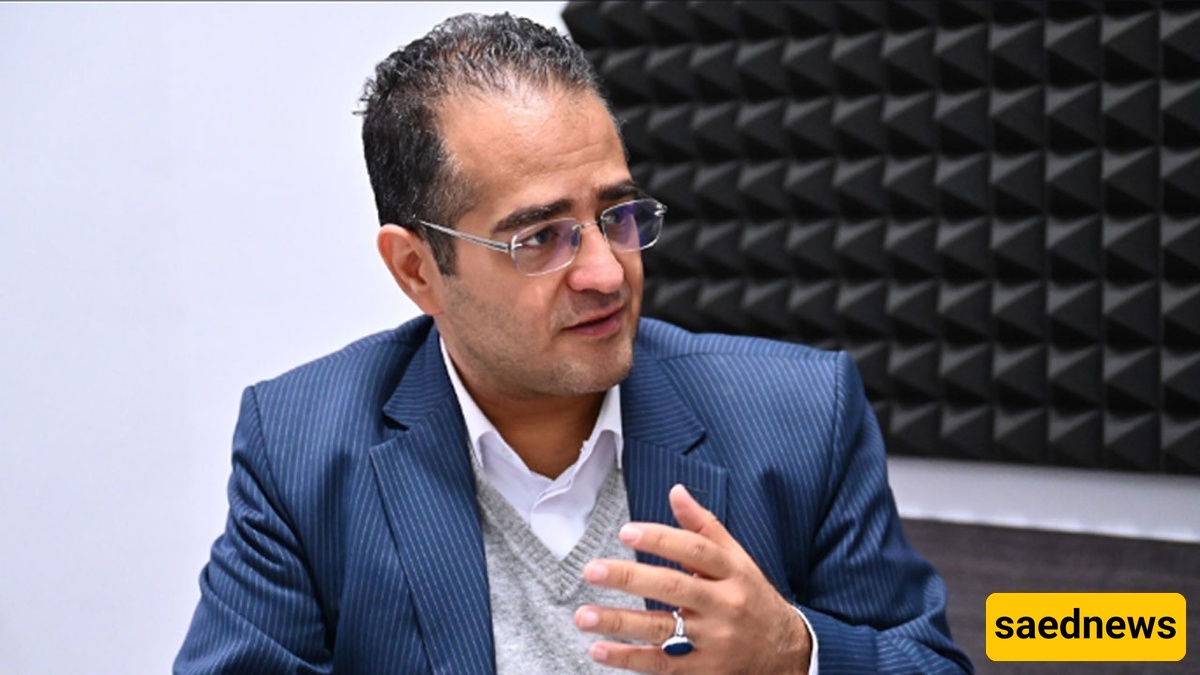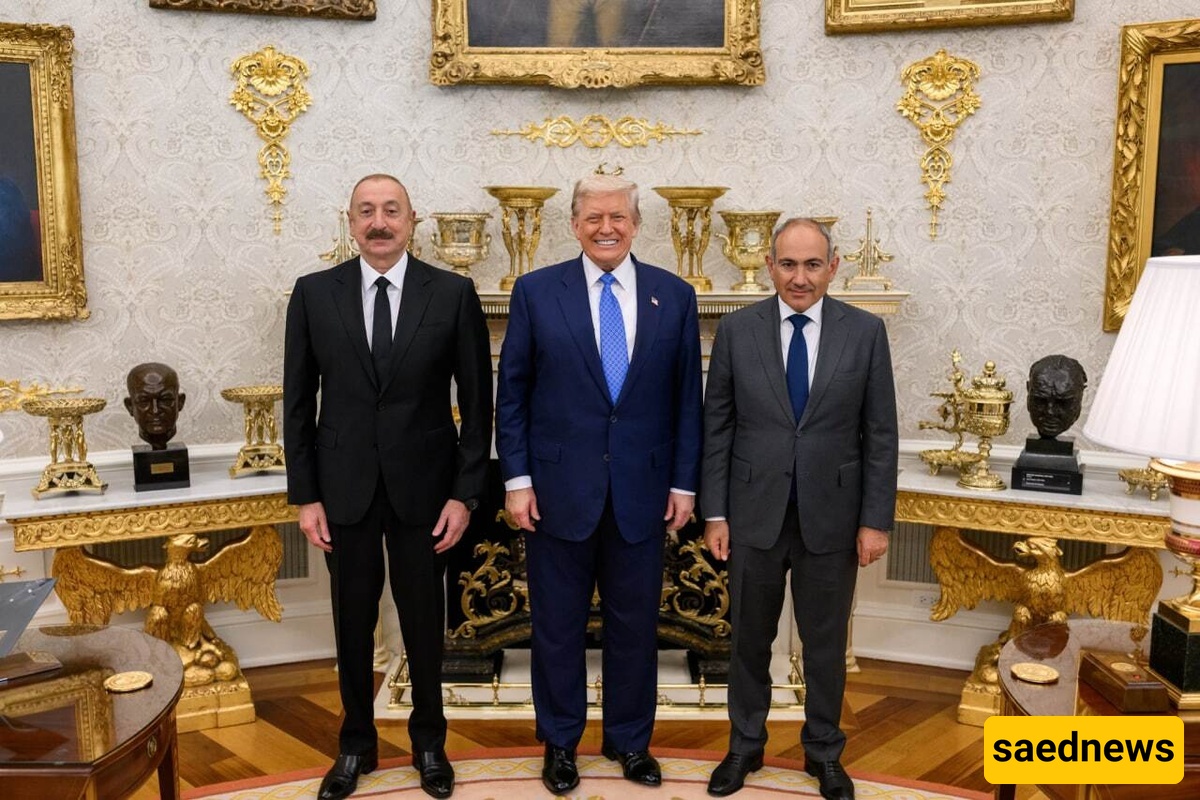SAEDNEWS: Iranian expert Dr. Ehsan Moheddian warns that the U.S.-brokered Armenia-Azerbaijan peace deal over the Zangzur corridor sidelines Iran, contributing to a broader U.S. strategy to encircle and weaken Tehran politically and economically.

According to Saed News, Dr. Ehsan Moheddian, an expert on Caucasus affairs, in an exclusive interview with Saed News, responded to a question about the Armenia-Azerbaijan peace agreement mediated by former U.S. President Trump regarding the construction of the Zangzur corridor by saying: This is not a good development for us because we have no role in this agreement. If Iran had maintained its initiative and actively played a role in the Caucasus over the past two decades, this agreement could have been signed in Tehran instead of Washington. The reality is that the U.S., through this series of agreements, aims to encircle Iran. Trump, cooperating with our rivals and enemies, is weaving a web around Iran. In Pakistan, the U.S. has become so active that it has obtained mining operation licenses. In Afghanistan, the largest CIA base is located, and the Taliban can also cooperate with the U.S. In Arab countries, American investments have attracted capital.

Moheddian continued: The U.S. is collaborating with Israel to disarm Lebanon, control Syria, establish a presence in Iraqi Kurdistan, and become a neighbor to Iran. In fact, this peace agreement should be seen as part of this chain of events because its goal is to further encircle Iran and facilitate the weakening and fragmentation of Iran. From this perspective, this development is very dangerous. With this, Iran will be excluded from the transit of goods and energy, and Central Asian countries are planned to replace Russia; there will no longer be an energy transfer from Iran to supply gas to Europe. Additionally, Americans will be able to station themselves near Iran’s borders under the guise of various companies using this agreement. Therefore, our economy and security will be at risk.

The university professor emphasized: For five or six years, we have been warning about these developments, but the activities of our political, economic, and security agencies have not matched the speed of changes and actions by our enemies. Unfortunately, there is a fatigue and sluggishness in all our bureaucratic institutions, and we are now witnessing its consequences. Of course, it should be noted that this agreement is not legally binding. The preliminary agreement is general and non-binding. Therefore, the non-binding nature of this agreement and the fact that the text is written in a way that allows various interpretations give us an opportunity to impose our own will.
Dr. Moheddian pointed to the necessity of activating Iran’s diplomatic apparatus in Armenia and said: Iranian companies, the private sector, and our economic institutions can offer proposals to the Armenian government, which could implement the projects that the Americans plan to carry out. Therefore, instead of becoming discouraged and mere spectators, we can intervene. This matter is a question of life and death for us, and we should not wait for anyone. This issue must be seriously pursued today by the government, and it should be determined what Armenia needs and in which fields it wants to work so that we can act there through that consortium, especially since Pashinyan has stated that Iran and Russia can also be part of this consortium.
The Caucasus expert added: Certainly, in the process of Iran’s involvement, the U.S. will create obstacles, and naturally, these actions are aimed at countering Iran. However, we must continuously, actively, and dynamically strive to maintain our presence through economic companies so that the bitter event after the Karabakh war, when we were removed from Karabakh and Israel and NATO forces replaced us, does not happen again. If this corridor is established without Iran’s presence, assistance, management, and intervention, our corridor’s encirclement will be complete.

